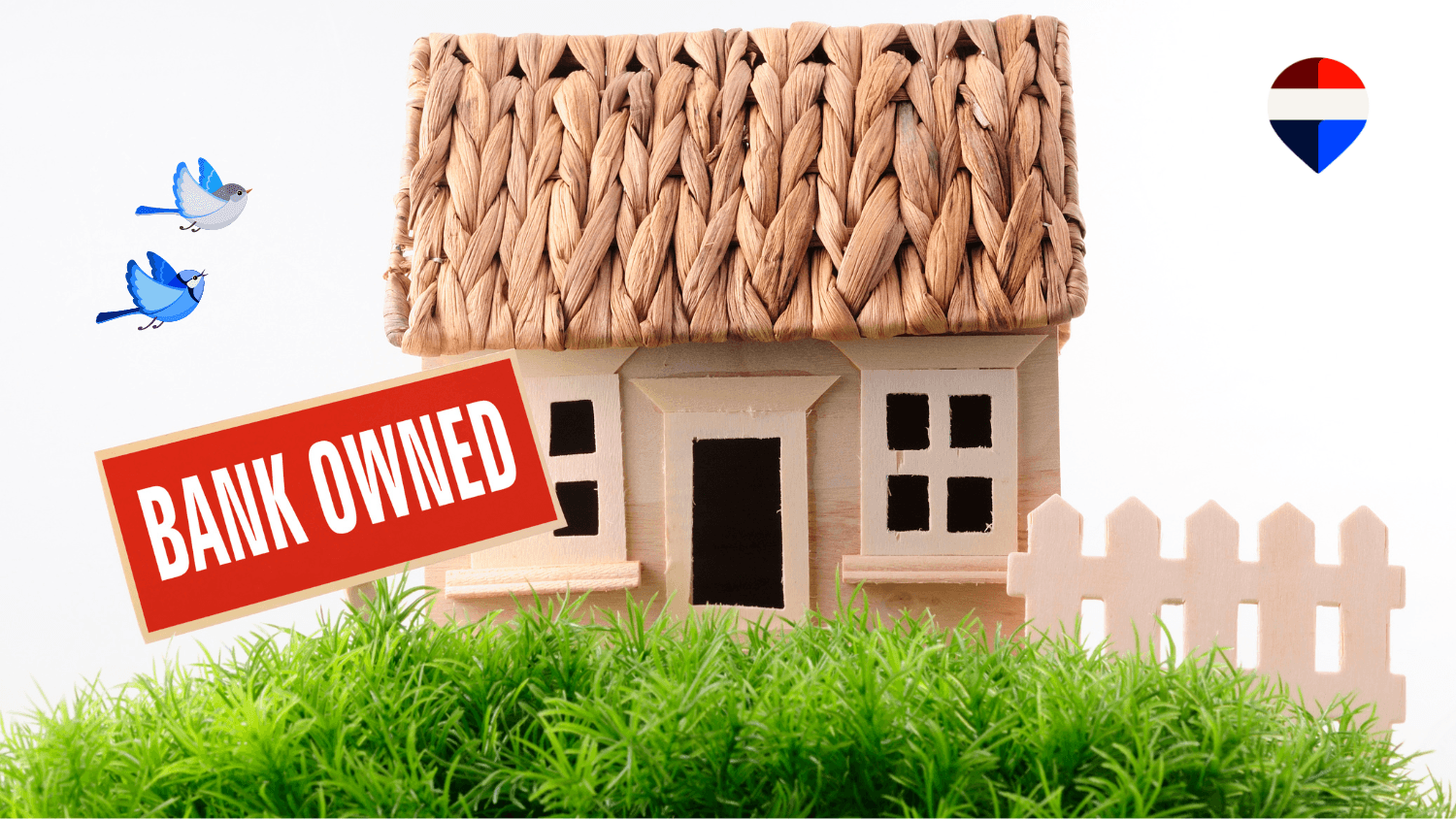Though the process is much simpler if the buyer has the funds readily available, acquiring a home loan for foreign investments is possible, though not simple. Unless you have a good understanding of financial requirements, it is often better to involve a financing expert who can advise you on the various options that are available to you.
For a brief synopsis of the options that South African investors have available to them, South African expat and Co-Owner of RE/MAX Malta, Elsabie van der Merwe, explains the various possibilities of financing a house abroad:
“Unless you already have assets overseas to act as collateral, or have residential status, it will be difficult to get a local bank to finance your property. The problem is that, when buying property outside your country of residence, you’re treated as though you have no credit score. Finding a bank that also operates in your country of residence will improve your odds, as these will be the only institutions that will consider your credit scores valid.”
“Also, you might be required to take out a life insurance policy for the mortgage amount, naming the bank as the beneficiary. Depending on the country – and how old you are – this could be a deal breaker since insurers in some countries place upper age limits on who can take out a life insurance policy.”
“What’s more, if a foreign home loan is granted, depending on the country in which you take out this loan, it is likely that you will have to pay a higher interest rate and a much larger down payment. Foreigners who apply for home loans are often required to have a deposit amount of 30%, 40% or even 50% of the property’s value.”
“In general, it is usually better if buyers acquire the necessary financing from within South Africa, bearing in mind that you will be liable for an exchange charge for any offshore payments and the currency exchange rate will, of course, apply as at the time. For those who already own property, you could take out a second mortgage on your current home to fund your foreign investment. Alternatively, if you have a second property within South Africa, you could sell that property and use the cash towards purchasing a smaller investment property abroad.”
Making it happen…
Once you have worked out how to acquire the necessary financing, it can be beneficial to work closely with local estate agents who are attached to global brands and can consequently provide insight into the world of possibilities that exist for real estate investors. Dealing with an international brand such as RE/MAX allows you to streamline communications by working with just one agency to sell your property locally and to conduct your global search for a property.





